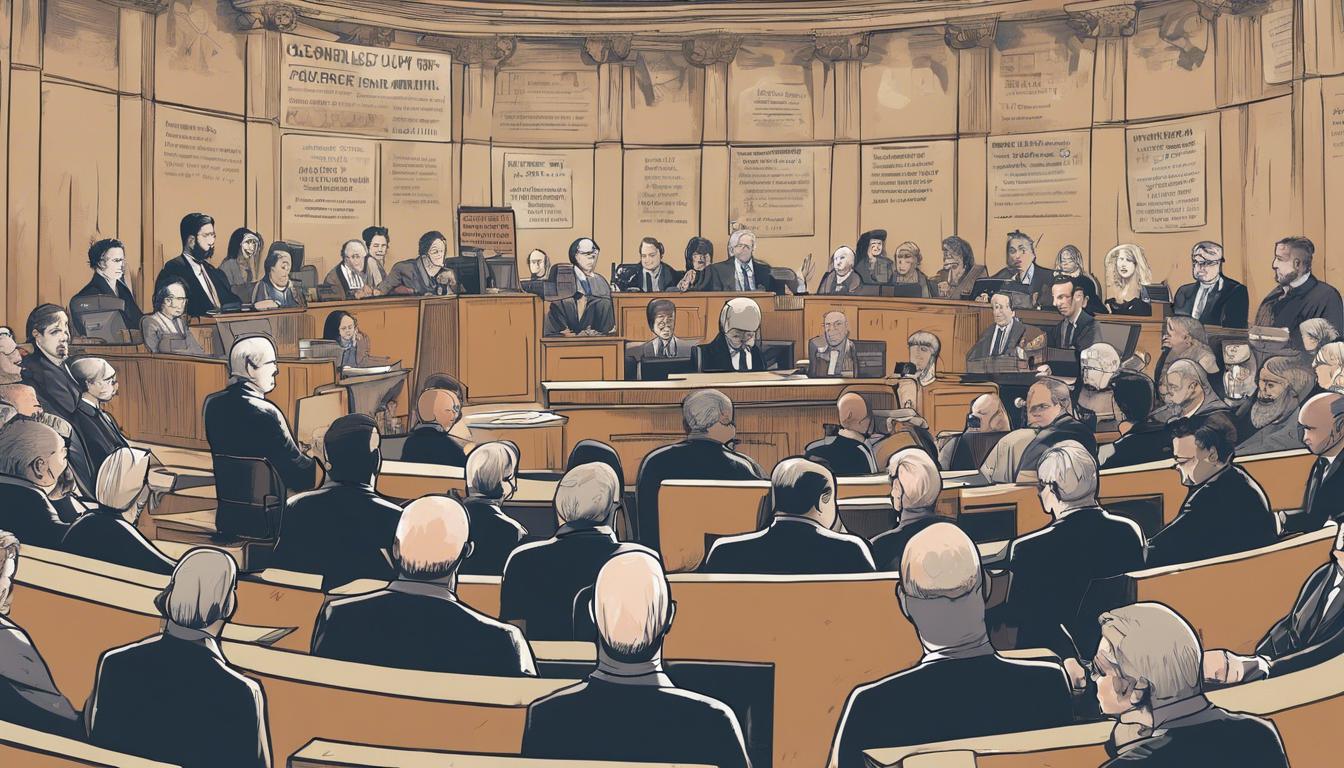In response to criticism, Scotland’s First Minister emphasizes the balance between preventing hate crimes and protecting free speech in the rollout of the new hate crime legislation.
Scotland’s First Minister has responded to concerns about the potential impact of the Hate Crime and Public Order (Scotland) Act, which is set to come into force on April 1. The legislation, designed to criminalize the act of stirring up hatred against protected groups, has sparked debate regarding its consequences on freedom of speech and police resources. This topic came to the forefront during a session of First Minister’s Questions, where Scottish Conservative leader Douglas Ross expressed worries about the law’s effect on free speech and the additional burden it could place on the police force. The First Minister countered these concerns by highlighting existing similar race-related legal provisions and defending the Act’s built-in protections for free speech.
The new law has ignited a dialogue on how to strike a balance between preventing hate crimes and ensuring the right to free expression is upheld. In defense of the legislation, the First Minister mentioned that it includes specific safeguards to protect freedom of expression, and it has been aligned with human rights conventions. Moreover, he reassured that the police are well-equipped to differentiate between legitimate and non-legitimate claims under this law.
As the implementation date of the Hate Crime and Public Order (Scotland) Act draws near, the Scottish government is actively addressing the criticisms and concerns raised by various stakeholders, including those pertaining to law enforcement’s capacity and the broader implications for freedom of speech in Scotland.













